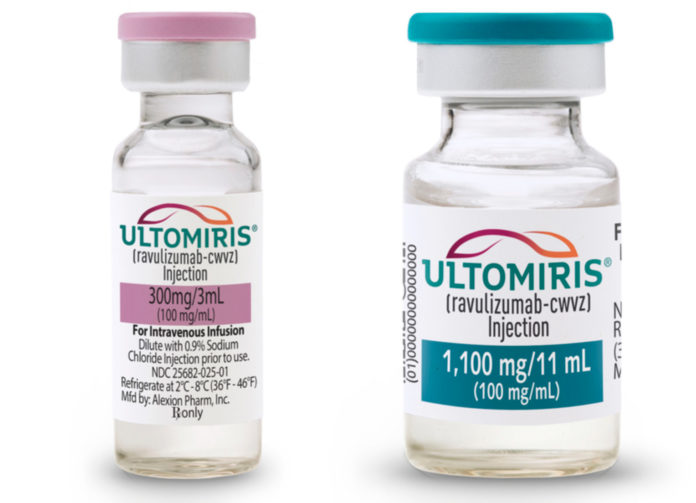Australians with paroxysmal nocturnal haemoglobinuria (PNH) – a condition that produces defective blood cells – will have access to a new treatment through the Pharmaceutical Benefits Scheme (PBS).
PNH is a rare, potentially life-threatening condition in which red blood cells break apart prematurely. Symptoms occur because of the production of defective blood cells and because the bone marrow does not produce enough blood cells.
The specific symptoms and progression of the disorder vary greatly and some individuals may have mild symptoms, which remain stable for many years; while others may have serious symptoms, which can progress to cause life-threatening complications. Blood clots are a very serious complication of PNH.
From March 1, Ultomiris® (ravulizumab) will be listed for the first time for patients with PNH. Ultomiris ® protects the red blood cells from damage and destruction by blocking the body’s inflammatory response.
Minister for Health and Aged Care, Greg Hunt, said around 160 Australians each year will benefit from the listing of Ultomiris ® on the PBS.
“Without subsidy, Australians would pay around $550,000 per year for treatment, instead from March 1, they’ll pay $42.50 per script, or just $6.80 with a concession card,” Mr Hunt said.
“Since 2013, the Coalition Government had approved more than 2,800 new or amended listings on the PBS. This represents an average of around 30 listings or amendments per month – or one each day – at an overall investment by the Government of $14.3 billion.”
At the same time, Soliris® (eculizumab), which has been available through the Life Savings Drug Program for the treatment of PNH, will move to the PBS.
This PBS listing has been recommended by the independent Pharmaceutical Benefits Advisory Committee.


